
How to handle a difficult media interview
How to handle difficult media interviews. Today we're talking about handling difficult media interviews and straight off the bat, I'm not going to "drivel on" with generic advice.
- I'm not going to tell you to rehearse, rehearse, rehearse.
- I'm not going to tell you to practise your key messages.
- I'm not going to tell you to practise a mock interview.
People are terrified of difficult media interviews and they needn't be
Yes, you can do all of those things, but let's address the elephant in the room, people, that's you, are terrified of media interviews and they needn't be.
People lack confidence and helping businesses and organisations with this is the number one thing we do at Marvellous Media Training.
I'm guessing you are listening to this because you have a media interview coming up and you're worried about it?
Yeah, it's like I'm a mind reader!
So, what I want to do is give you some really useful advice that you can use without going into a tailspin of over-rehearsing and giving yourself a sleepless night.
What makes you think the media interview you have coming up is going to be difficult?
First of all, I want you to ask yourself, what makes you think the media interview you have coming up is going to be difficult?
- Is it because you are new to this and you're nervous? You've never done this before?
- Do you think it's going to be difficult because you don't feel prepared and you don't know what to say?
- Is it because you've listened to or watched the show you're about to appear on? And the presenter is usually terrifying and rips guests to shreds?
- Is it because you or your organisation is about to appear in the news? Maybe there are questions about your behaviour or actions as an individual or a business that will be painful to answer or you want to avoid answering.
So, to sum up, you're nervous. You don't know what to say. Perhaps the interviewer might be a dick or you've been put forward as chief apologist for your organisation.
Banishing the idea of a difficult media interview
Okay, let's work through these issues because it's going to help you handle what you see as a difficult media interview.
Difficult media interviews caused by nerves
Let's start with nerves. Yes, you're going to be nervous. It's nerve-wracking appearing in the media and that is completely natural and human.
You're never going to be able to totally stop this feeling. But here are some ideas to support you and help you through the pain.
Are you talking yourself down? Banish your negative self-talk about the media interview being hard
Before you even appear on air, what are you saying to yourself in your head about this appearance on TV, radio, or in the media?
What is the conversation that's happening in your mind? Are you saying:
- Oh no, this is going to be a disaster?
- Are you saying to yourself, I'm going to fluff it? I'm going to look stupid?
- Are you saying this out loud to colleagues, Oh no, this is going to go horribly wrong.
- In your mind, you're saying, What have I got to say? You know, of any interest?
Are you talking yourself down now?
If you want to succeed in your media appearance, you've got to smash those ideas to pieces and flip this internal script. That negative self-talk has got to be switched to something altogether more positive. So, say to yourself and believe it:
- I'm going to try my best. Yes, I'm nervous, but I'm going to get this right.
- I'm prepared. I know my stuff.
- I'm an expert in this. This is going to work.
- I'm going to enjoy this and enjoy being in the spotlight because I've earned it. And it's where I belong.
Now, some people call this manifesting. Whatever you call it, change that internal dialogue that's putting you down now.
Visualise a successful media appearance
Similarly, visualise success not just during your interview, but in the run-up to it. So, for example, if you've been invited to a TV studio, visualise this.
You've had a great night's sleep and your morning and the journey to the studio are relaxed, visualise arriving in plenty of time. You're feeling prepared and ready. Imagine the interview going well. Imagine you're able to answer the questions fluently and expertly and the presenter finds you entertaining and engaging.
You get the idea. Tackling your negative self-talk and positive visualisation will help you prepare and feel less nervous.
You think the interview will be difficult because you don't know what to say
Moving on. You think the interview will be difficult because you don't know what to say. Right?
When I'm filming interviews for TV, I see people struggling and I stop them. And this is what I tell them:
"Stop planning the sentence you are about to say in your mind before saying it."
Does that make sense? "Stop planning the sentence you are about to say in your mind before saying it." For some reason, as soon as people get a camera or mic in their faces, they start rehearsing what they're going to say as they try to say it.
In everyday life, we don't do this. If someone phones you and asks you a question, you don't think, "Right, uh, first, I'm going to say this sentence." You don't do it. You just say it naturally. You just speak naturally.
Everyone is capable of answering a question without really thinking about it in detail before speaking.
All the knowledge and information you need to say is already in your head. You just need some light practice to bring the key points that you want to make front of mind.
Almost as you would do when you go and chat with your boss. Say she might be busy. And in advance, you'd make a mental plan of perhaps the three things you'd like to cover before you go in and say it.
In that meeting, you wouldn't be mentally thinking about what you were going to say before you said it. You just talk now.
Don't overthink. You're knowledgeable. You're an expert. You know your stuff.
Don't prepare for a difficult media interview by trying to script your answers in advance
When preparing for a media interview, the first thing people do is grab a pen and paper and start scribbling potential answers down. They start scripting answers.
Do not do this. Do not try scripting your answers. By all means, dump some ideas down in short bullet points instead of scripting.
Just think, "If I'm asked about that subject, there are 2 to 3 points I could make." Yeah, but don't script them.
Practise making your points in a fluid, interchangeable and conversational way
Rehearse those points out loud with a colleague until they sound coherent and fluent. But don't write a script and learn it. Practise making your points in a fluid, interchangeable and conversational way. So, I'm going to make point three and then if naturally, it occurs in questioning, I'll make point two. Or I could make point three first and then point one. I'm just going to keep it interchangeable. I've got those ideas in my mind. I'm not going to write a script and try to remember it and read it out.
Journalists will not give you the questions in advance
Now, remember, you're not going to get the questions in advance. You'll get a gist of the themes and ideas they want to talk about, but keep it fluid by not scripting. Have I made myself clear? Probably.
What do I do if the presenter is tough, mean or aggressive?
The next reason why you think your interview will be difficult is the presenter will be tough, mean, or aggressive. Now, in my experience, the vast majority of media interviews are a conversational exchange of ideas, not combat.
You've probably listened to too much BBC Radio 4 Today programme here in the UK or one of those political shows where guests get hauled over the coals.
Not done anything wrong? There's no reason for the journalist to hardball you
99% of media interviews are not like this. Think about the topic you've been invited on air to discuss. If it's not contentious, if you've not done anything wrong as an individual or organisation, there's no reason for them to hardball you.
Yes, journalists like to sound rigorous. They like to play devil's advocate. Stay calm, make your point. If this does happen, try listening to the question, not the tone of voice.
Listen to the question, not the tone of voice
Often presenters or journalists will voice a normal question in quite an aggressive way.
Listen to the question, not the tone of voice. It'll also help to listen to the presenter in advance to get a gist of their style.
I worked with a presenter at the BBC who would always start with an easy question, let the guest ramble on for 60 seconds and then jump in with something tougher for question two. Listen to who's going to interview you for style and tone.
You think your media interview is going to be difficult because you or your organisation has done something wrong
Finally, you think your media interview is going to be difficult because you or your organisation has done something wrong, right?
It's quite rare to be cast in this sort of chief apologist role in the media. I'm thinking chief police officers saying sorry for a cock-up, and government officials or leaders explaining a decision that's upset a lot of people. They're the kind of people who end up in this role.
This sort of interview is done by the most senior people in an organisation and they should, in theory, have had some media training to help them get through it.
If that's you and you haven't, get in touch: hello@bitfamous.co.uk
Now the standard response here is to:
- Say sorry.
- Accept responsibility. If you're at fault.
- Explain your actions.
- Tell people What are you doing to put things right.
OK, so those are my tips for handling difficult media interviews. Remember, they hardly ever happen. Good luck.
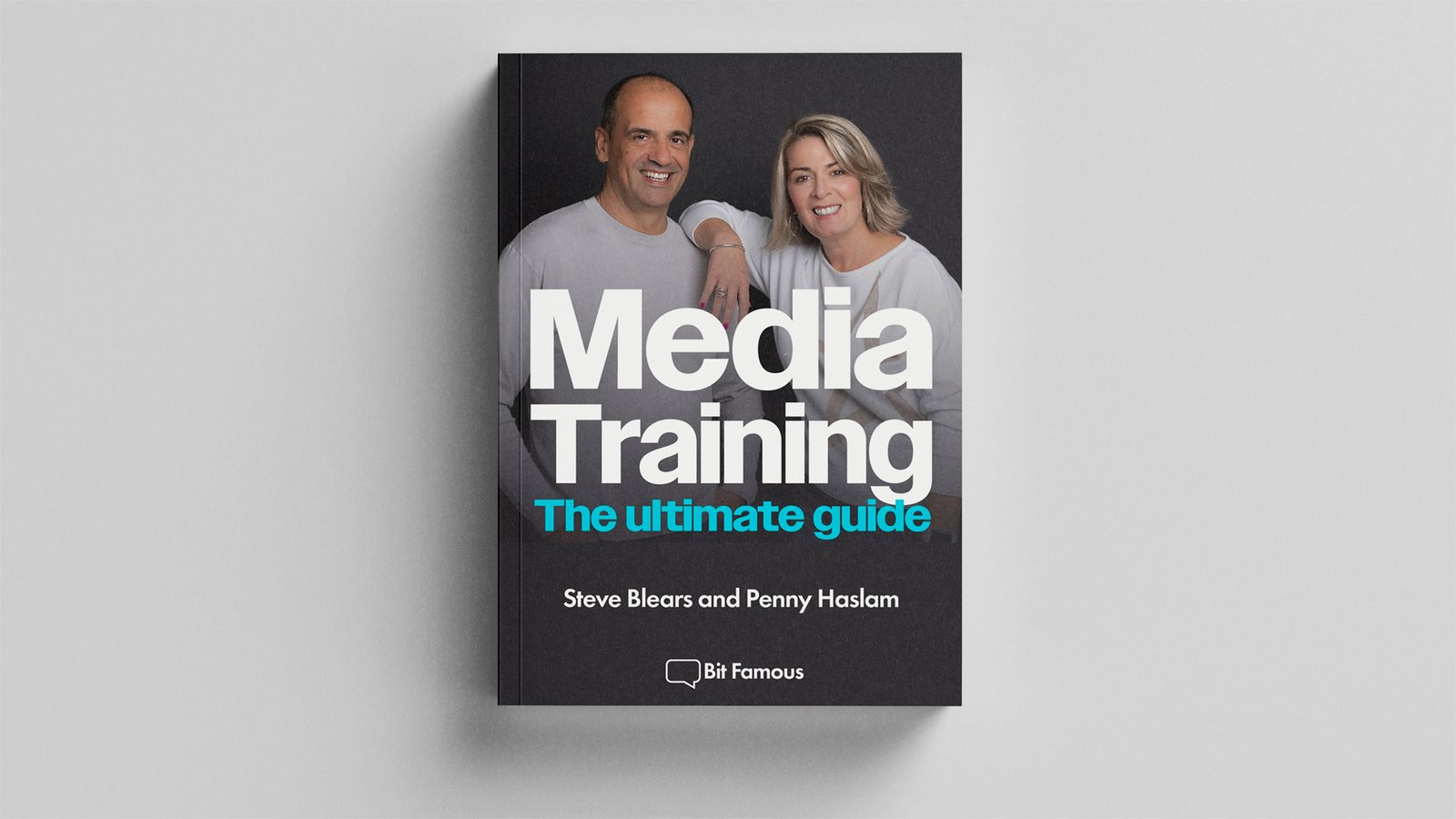
Media training book
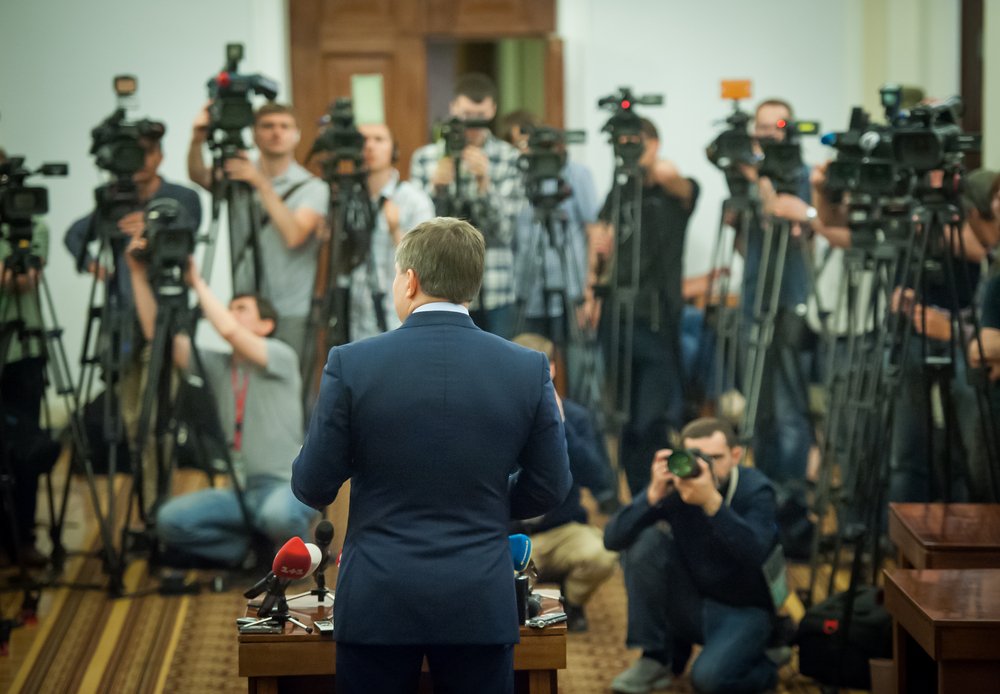
How to hold a press conference
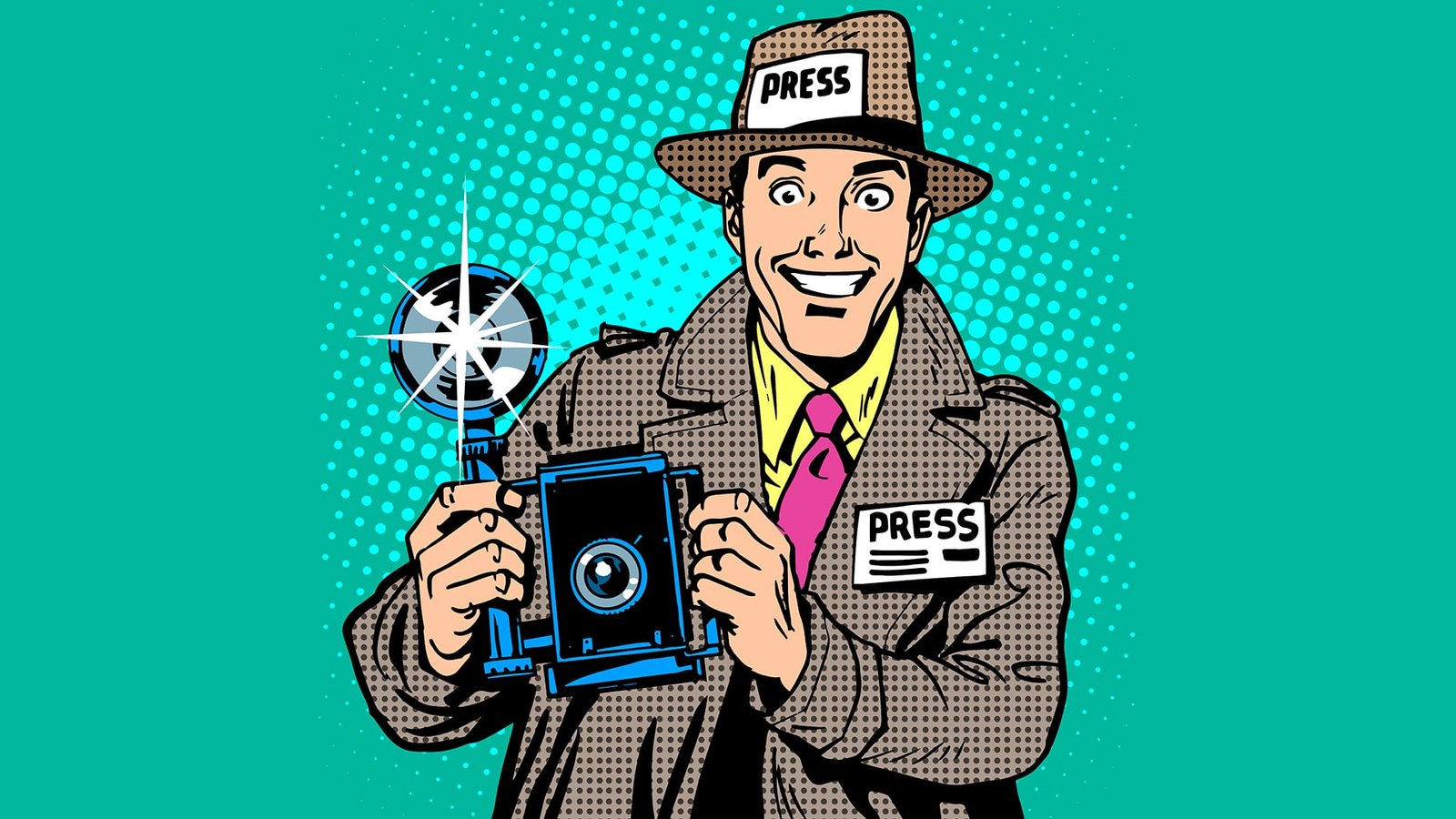
Time for a media training refresher?
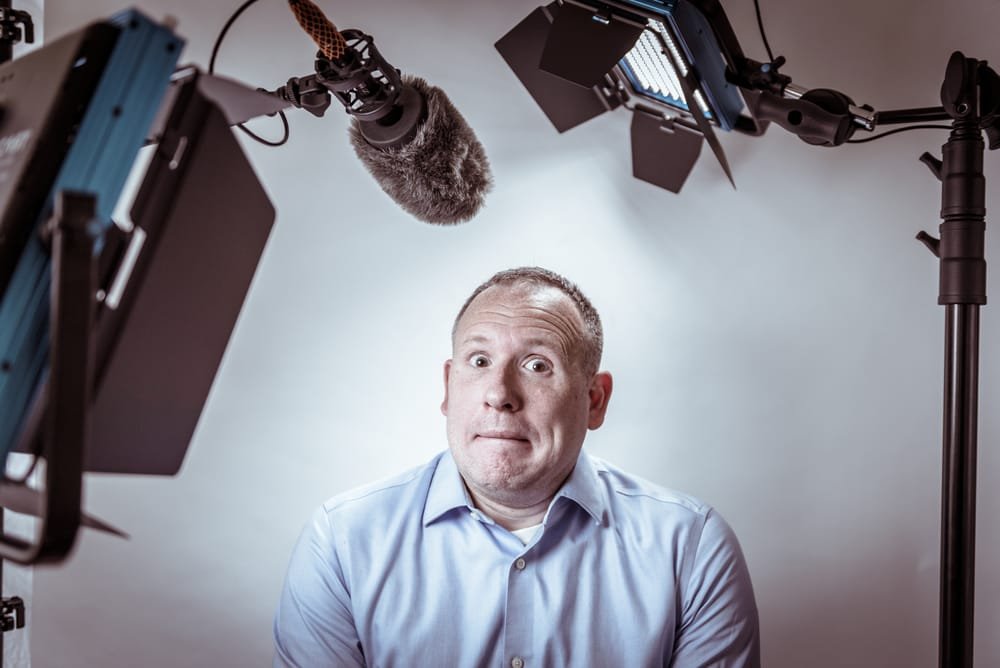
How to get your boss on board with media appearances

Is it okay to say “I don’t know” in a media interview?
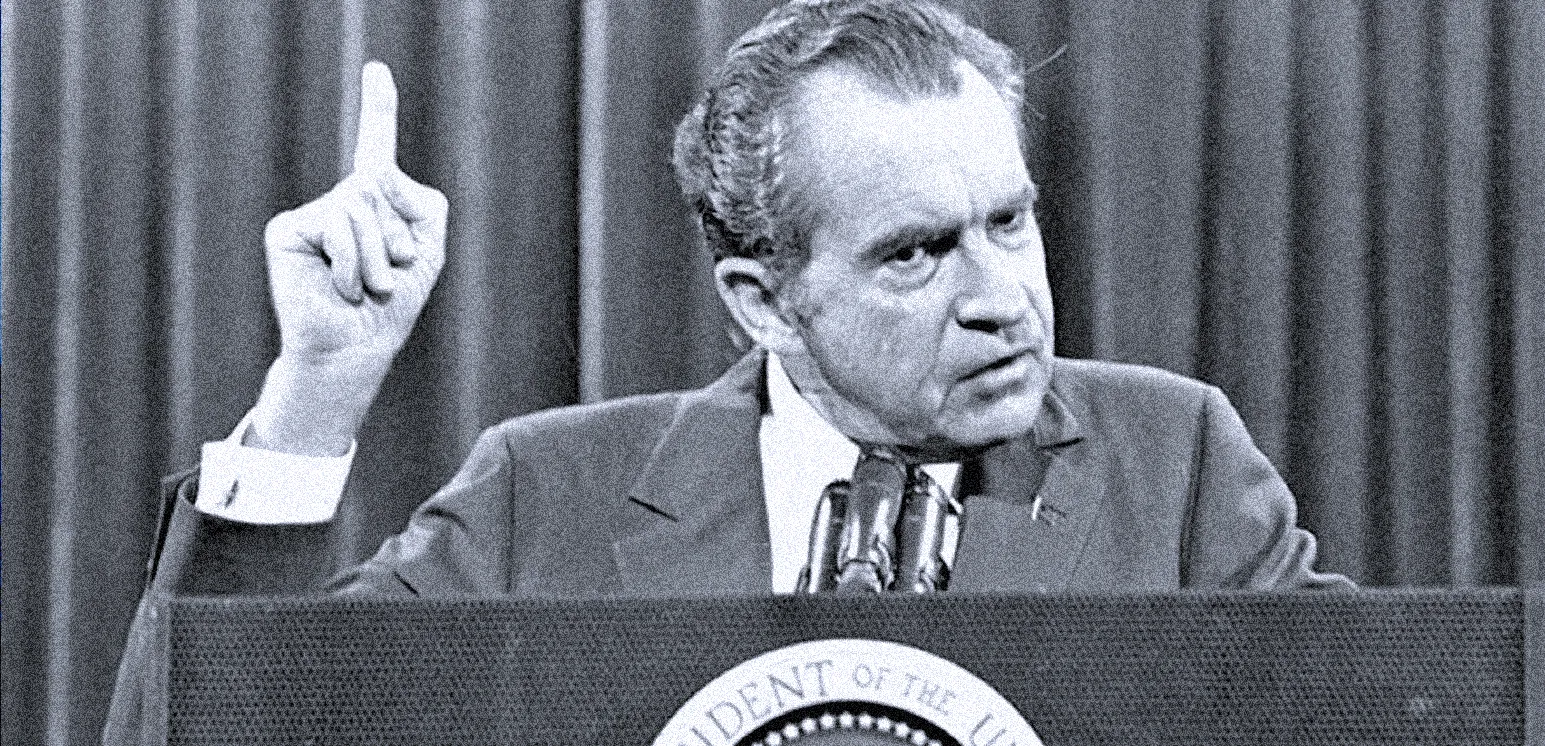
Why should you avoid repeating negative questions in media interviews?

How to look and sound relaxed in a media interview, performance tips

Mastering profile interviews in the media

Media appearances, the unwritten rules

Public apologies, how to say sorry in the media and mean it

Why off-the-record journalism is riskier than you think
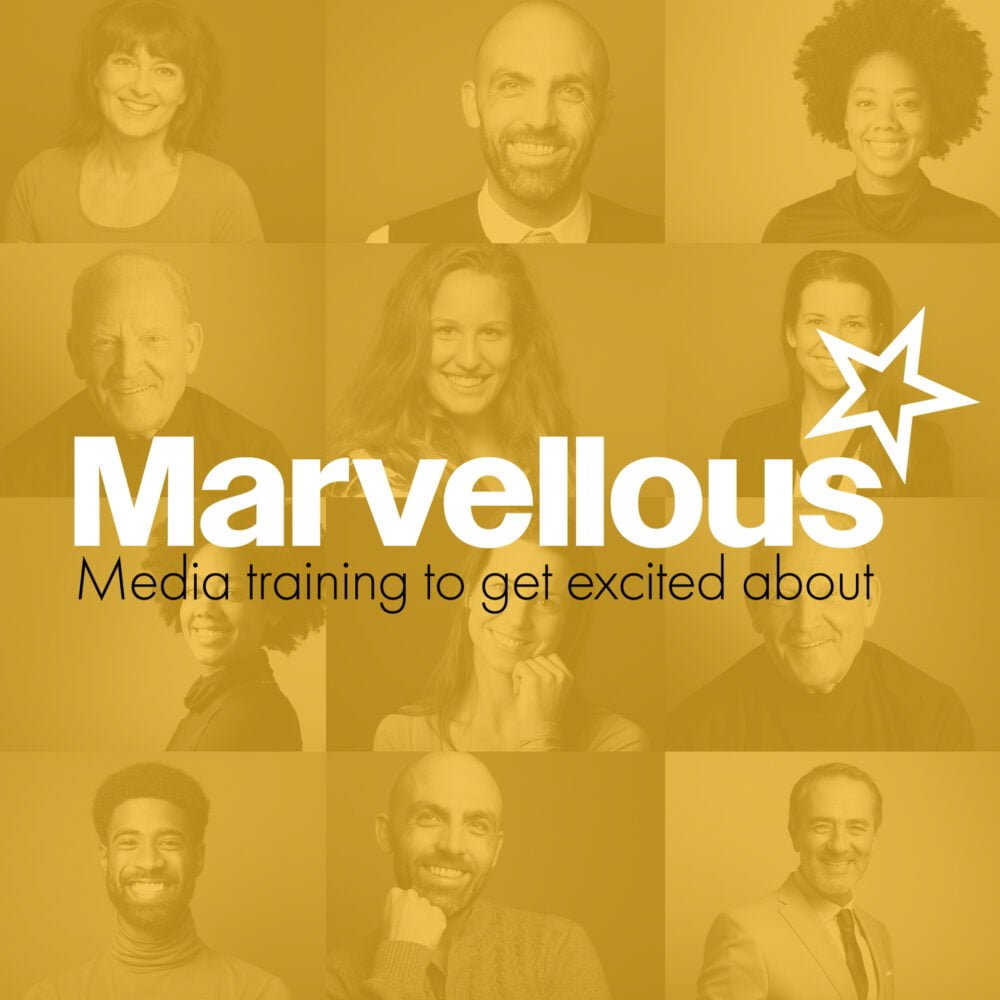
What are key messages in the media?

Give your leader feedback after a media interview

Why avoid corporate speak and office jargon in media interviews?
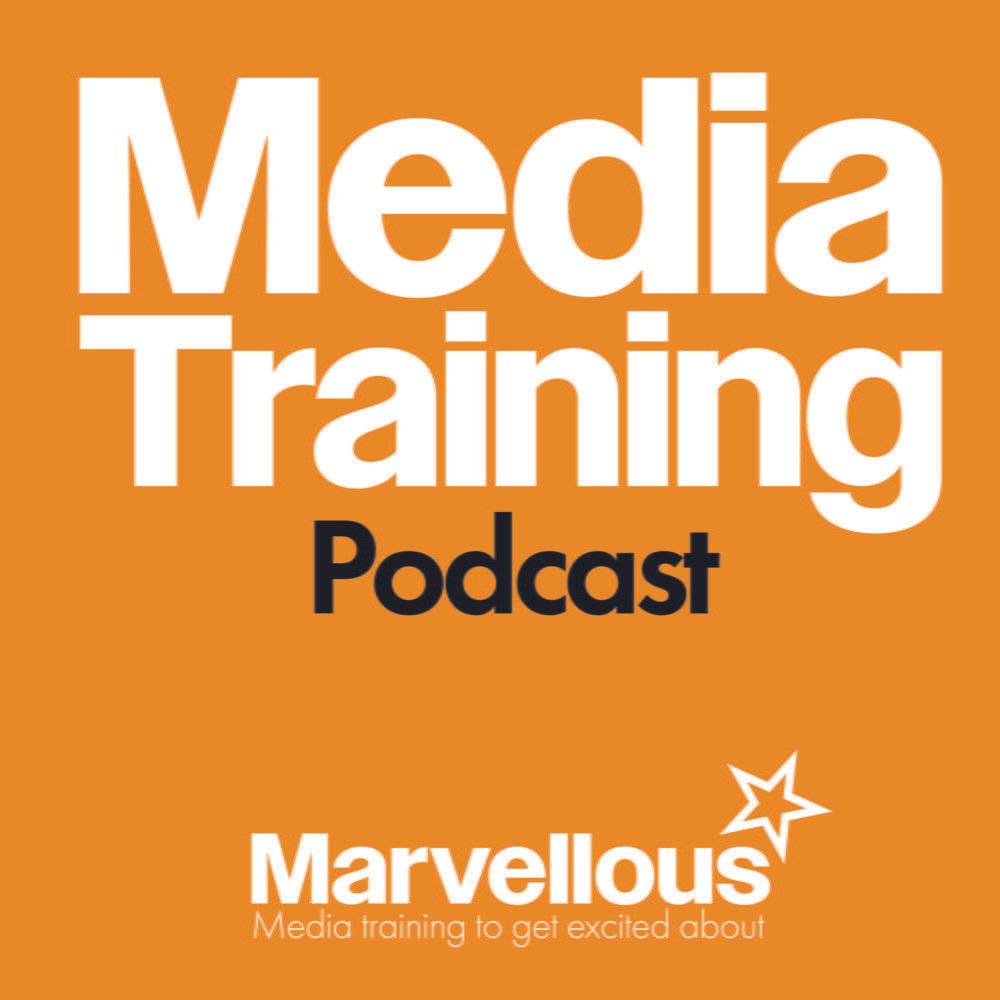
Media interview preparation checklist

How to create a founders’ origin story

How to answer hostile or negative questions from a journalist

How to be authentic in a media interview

Crisis Management: How to write a holding statement
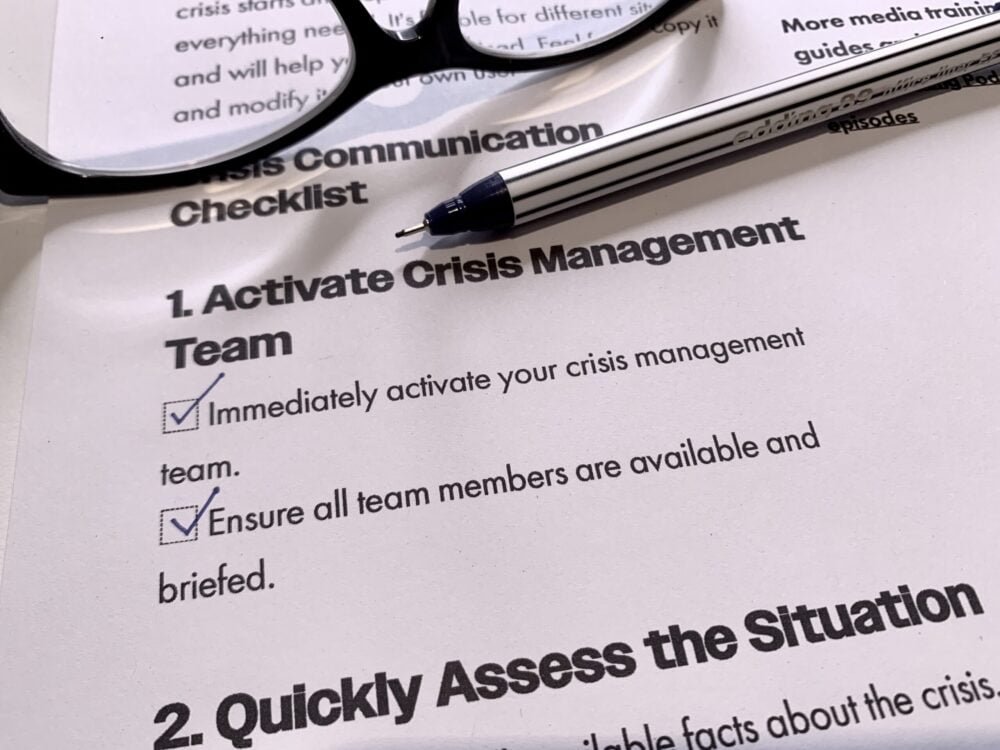
Crisis communications checklist
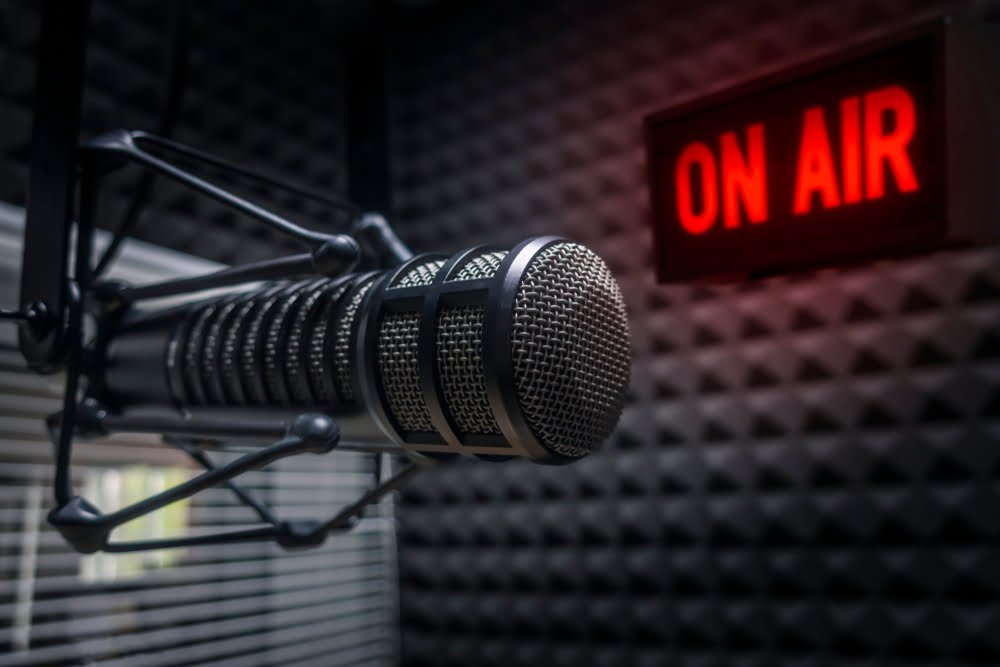
How to create a successful media soundbite
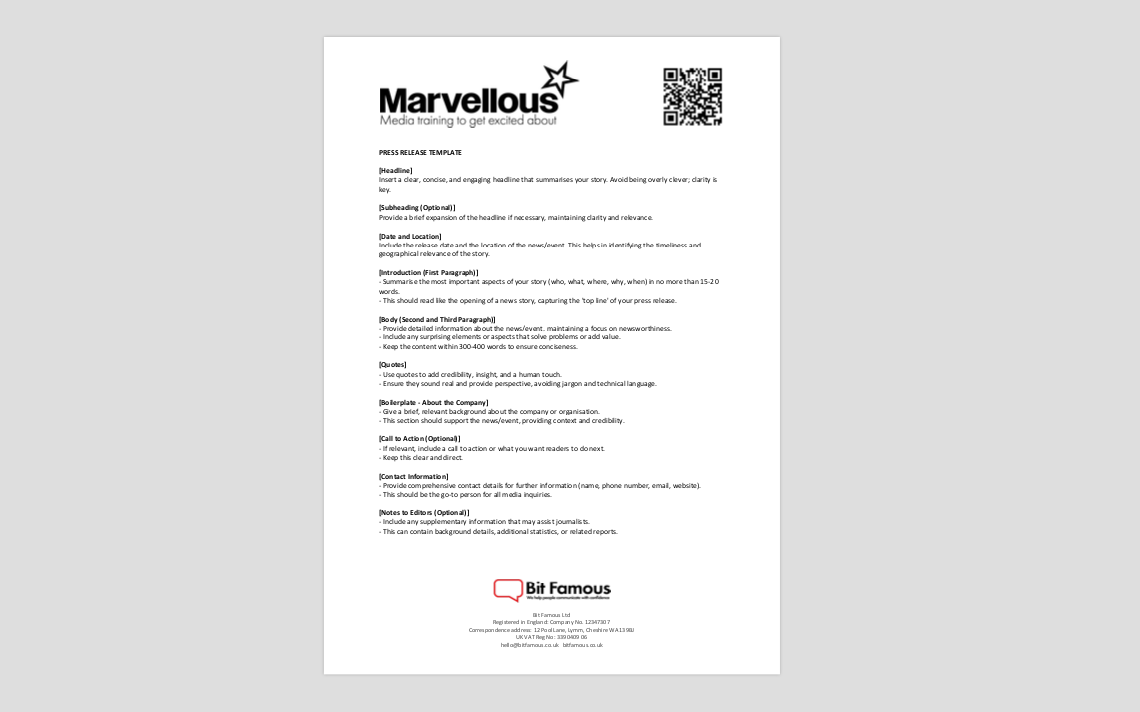
Free press release template (Word)
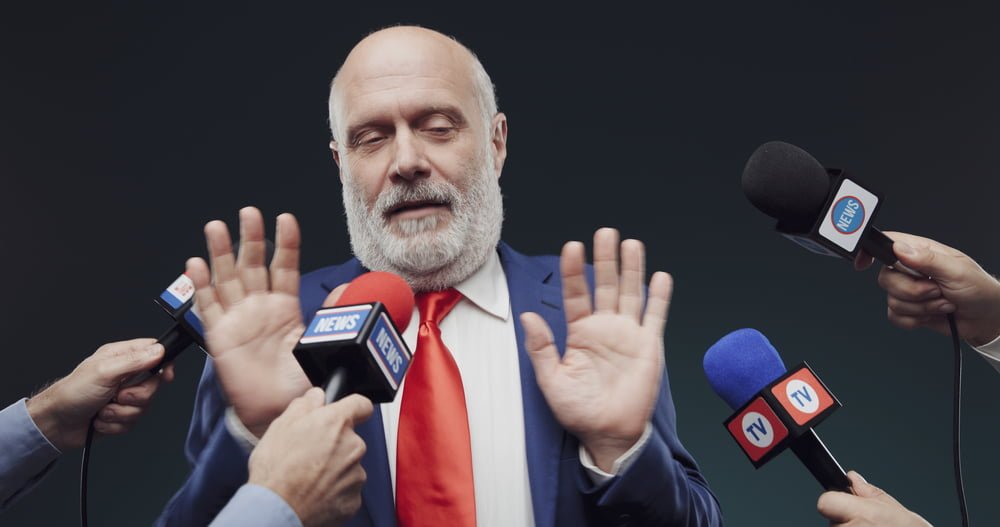
How do you handle a media question you don’t want to answer?
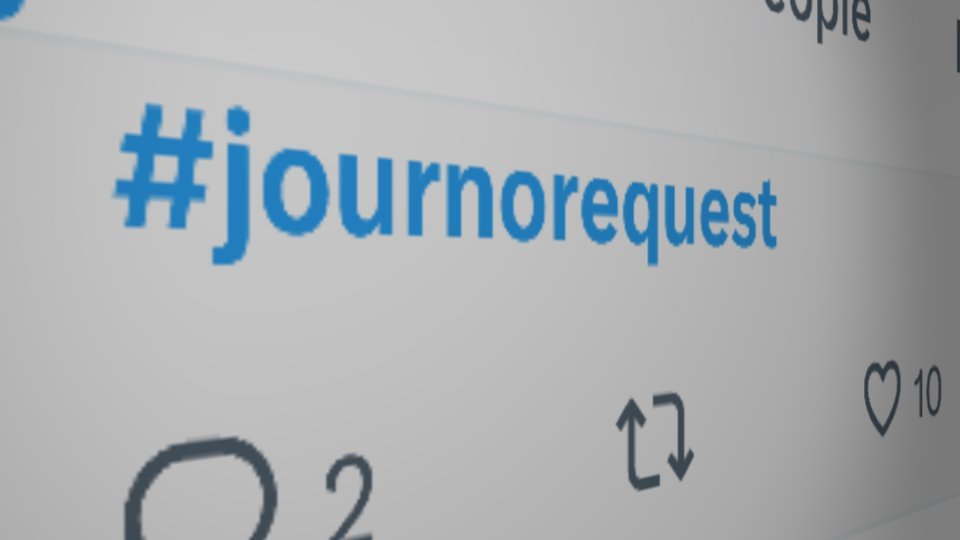
How to use #JournoRequest to get media attention for my business

How do I prepare for a TV interview online using Zoom, Teams or Skype?

How to appear on a business podcast

How to handle a difficult media interview
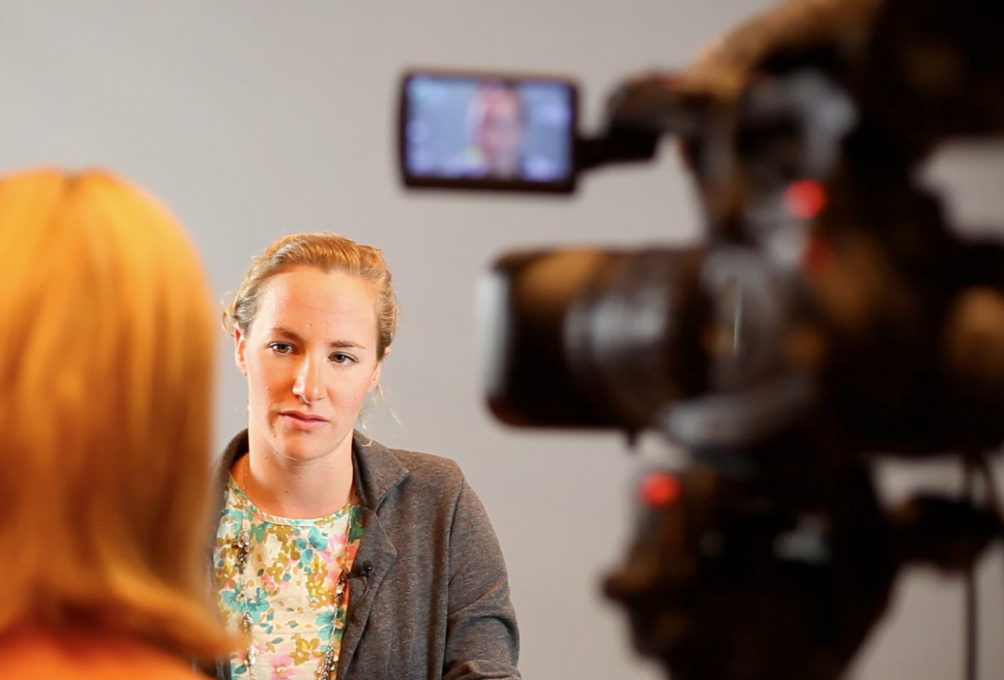
How to get featured in the media

How does the news work?
How can I develop a relationship with a journalist?


